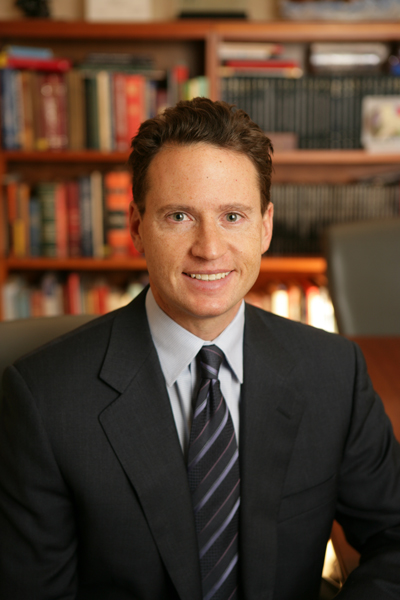A new study by Dr. Theodore Schwartz, Dr. Gabriella Wernicke, and colleagues at Weill Cornell Medicine and Beth Israel Deaconess Medical Center/Harvard Medical School, shows that implanted cesium-131 seeds are more effective for local control of a metastatic brain tumor than stereotactic radiosurgery (SRS). The results, published online ahead of print in the Journal of Neurosurgery, validate the use of cesium-131 brachytherapy pioneered by Dr. Schwartz and Dr. Wernicke in 2011.
Intracavitary brachytherapy is a technique used to line a surgical cavity with radioisotopes after removal of a malignant tumor. It has the advantage of going to work immediately after a tumor resection to deliver high-dose radiation to the tumor cavity margin to prevent recurrence. SRS, which has previously been shown to reduce local recurrence in patients after resection surgery, requires a delay after the surgery that may allow malignant cells to begin to repopulate the cavity. SRS is also known to be less effective in patients with large tumors that leave substantial surgical cavities.
The new paper, “A matched-pair analysis of clinical outcomes after intracavitary cesium-131 brachytherapy versus stereotactic radiosurgery for resected brain metastases,” is a retrospective study that compares 30 patients who had brachytherapy with 60 who received SRS, with controls matched in a 2:1 ratio. Patients who received the cesium-131 brachytherapy had a local recurrence rate of 10 percent, compared with 28.3% for those who had had SRS. Additionally, 10 percent of patients treated with SRS experienced radiation necrosis from their treatment, compared with only 3.3 percent of patients who received brachytherapy.
“This changes the paradigm for treatment for patients with metastatic brain tumors,” says Dr. Schwartz. “It is the first study to compare outcomes between brachytherapy and stereotactic radiosurgery in patients after resection surgery for brain metastasis. It is extremely gratifying to see a technique I’ve been working on for nearly a decade show such promise for my patients.”
The study also compared regional recurrence, distant recurrence, and overall survival between the two cohorts, and showed no significant difference in those measures.
Dr. Schwartz and Dr. Wernicke made the news in 2012 with the new brachytherapy; watch the news video here


